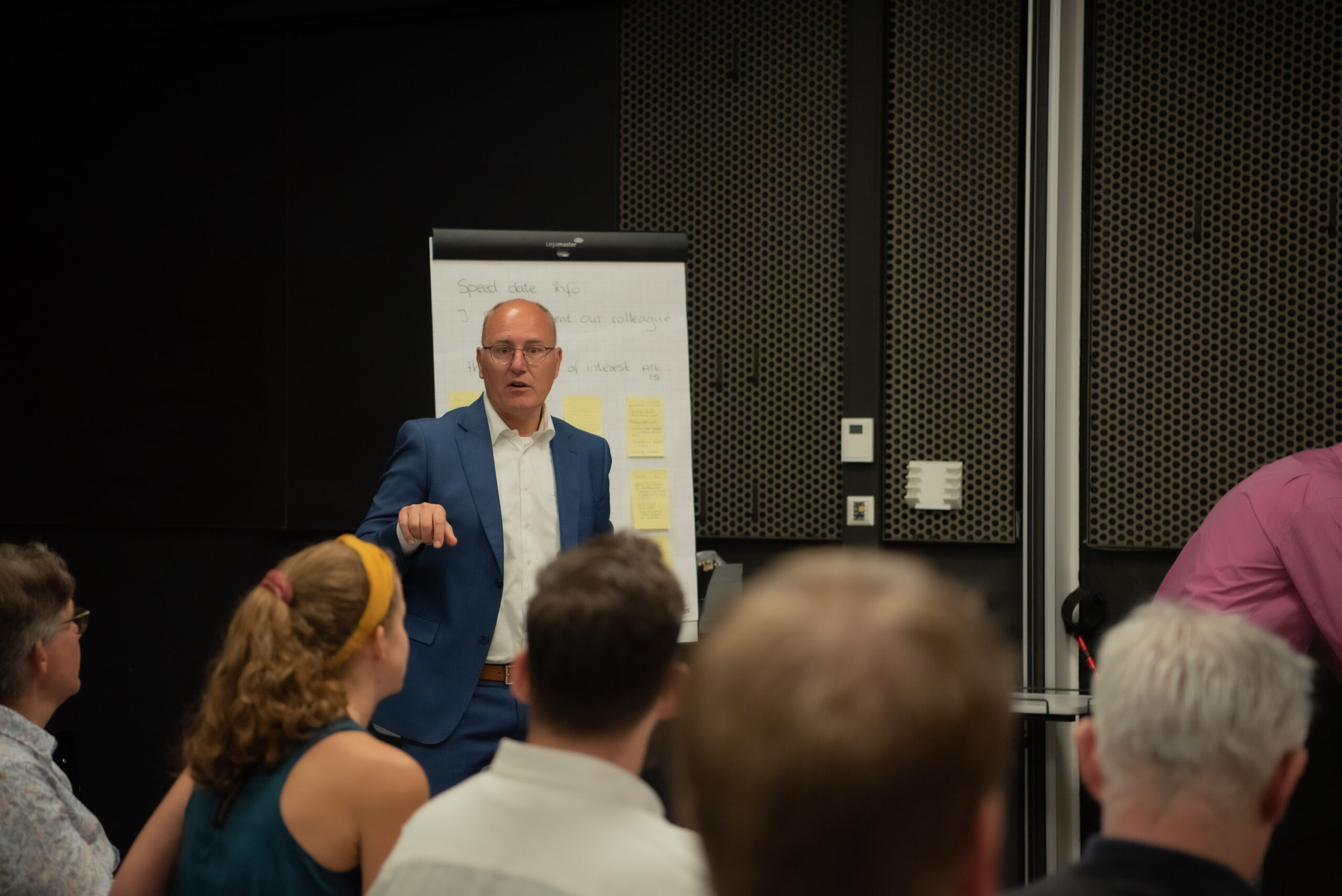
Another impressive part of the day were the different site visits of THUAS, The Hague Medical Delta, CareTechDelta and Vital Delta, that showcased THUAS’s vision and practical approach to ensuring a society with good quality in the social, care and health domain. During the site visits different good practices of local strategy were discussed regarding subjects such as:
- Supported vitality with care technology
- Physical vitality with exercise in the neighborhood
- Social vitality with an integrated neighborhood approach
- Self-vitality with Self-Management (support) and vital profession
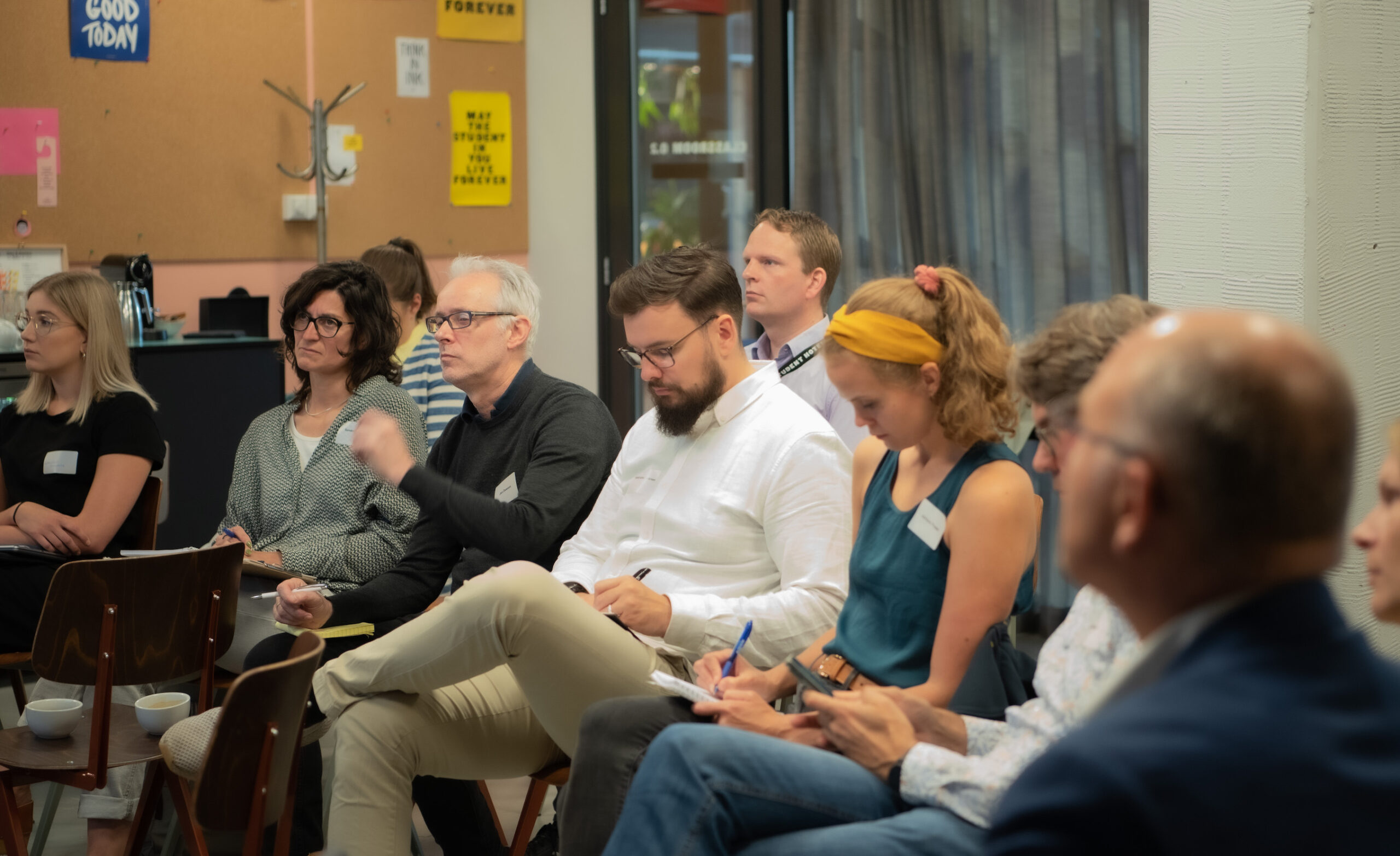
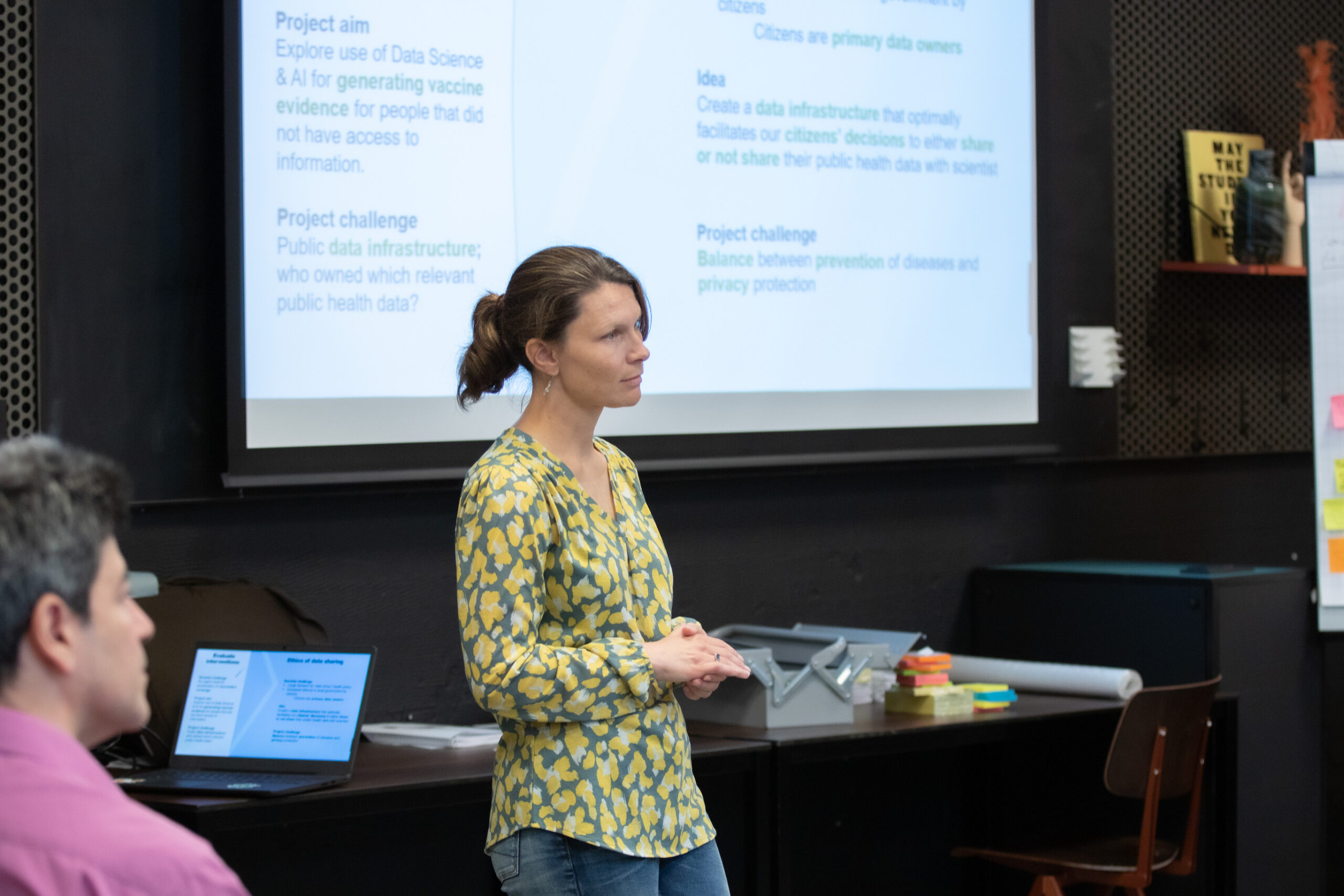
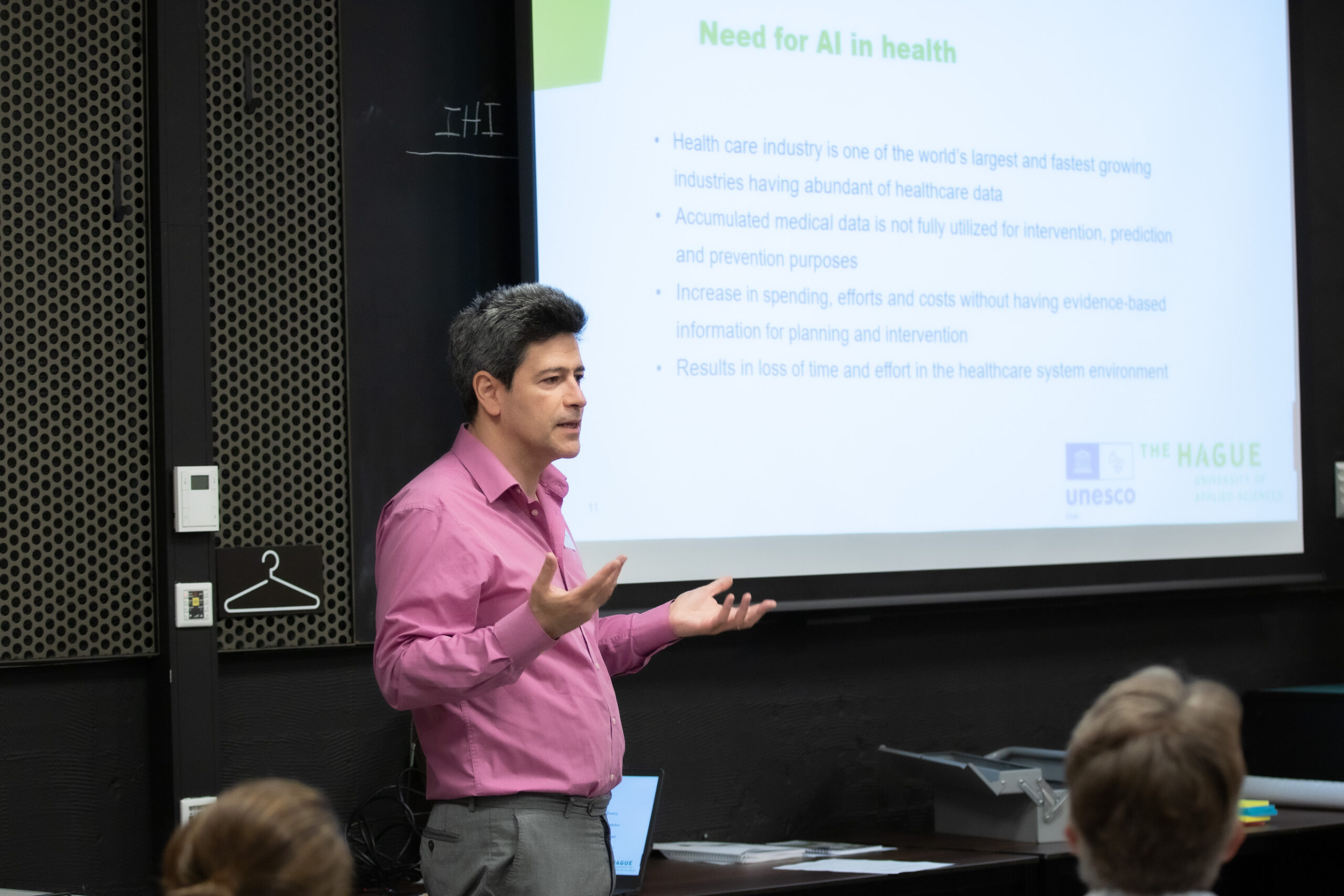
Insightful workshops
The second day of the seminar consisted of 4 interactive workshops that gave opportunity to explore common-cause ideas, interest & synergies, but also identify the needs and gaps and discuss future research topics. Professors Lampros Stergioulas (Data Science) and Yvonne van Zaalen (Relational Care) kickstarted the day by giving an introduction. They talked about AI as a common good for the benefit of society, but also discussed AI and Health and the opportunities and challenges for communities that exist. The other workshops consisted of the following topics and questions:
- Preventive and Community Health (Ester de Jonge)
How AI can help improve equity, access, development, adoption and impact of innovative health solutions, particularly in the preventive, community and public health areas. - Chronic Diseases (Cor Beyers)
Management of Chronic Diseases using AI and Machine Learning. - Wellbeing & Independent Living for All (Hani Al-Ers)
Improving wellbeing and independent living at home for the vulnerable and the elderly. - Ethics of AI in Health (Lampros Stergioulas)
Introduction to the main issues and discussion of the latest EU and global AI Ethics frameworks, and their relevance to healthcare practice.
Co-host and UNESCO chair holder AI and Data Science, Lampros Stergioulas, was pleased to see the level of dedication from participants: “The seminar was the perfect opportunity to dive deep into questions and subjects that are relevant in the health domain. Participants were excited to be among peers and discuss in depth how AI can be used to tackle health, social care and mental health challenges. And that is all we could’ve hoped for, because this way we can ensure better research topics in the future and really make a difference.”
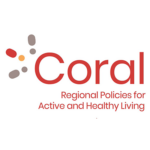
About Coral
The Coral network comprises 38 regions from across Europe. It has built a reputation as a leading network with expertise in innovation for active, healthy, and independent living. The Coral network aims to foster scaling-up of innovative solutions for health, care and well-being across all ages and sections of society in Europe. To achieve this overall aim, Coral places mutual learning, knowledge transfer and building demand activities at the heart of its approach.

